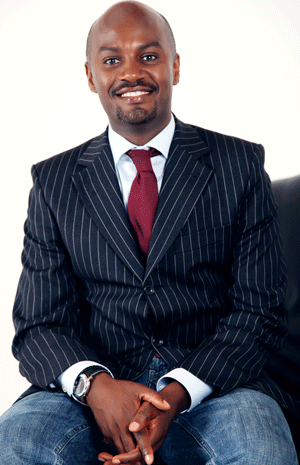It’s possible to risk one’s political career and compromise without being compromised
The younger Mandela was a militant who believed that apartheid could only be defeated through armed struggle. As he grew older, Mandela re- alised that this would be a long and costly route. He felt it was possible to end apart- heid through negotiations.
The younger Mandela was a militant who believed that apartheid could only be defeated through armed struggle. As he grew older, Mandela re- alised that this would be a long and costly route. He felt it was possible to end apart- heid through negotiations.
